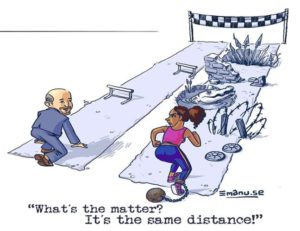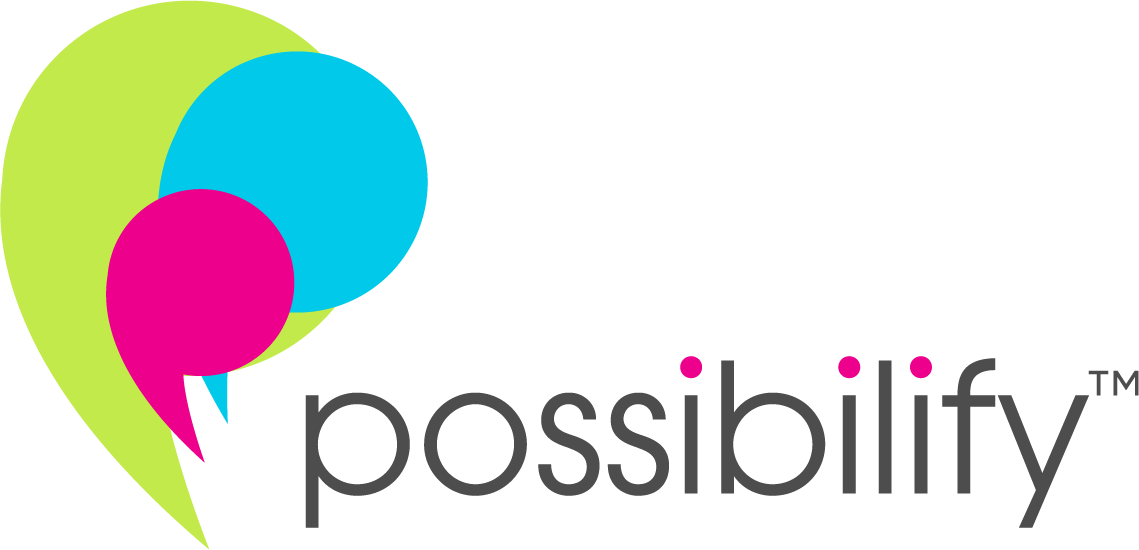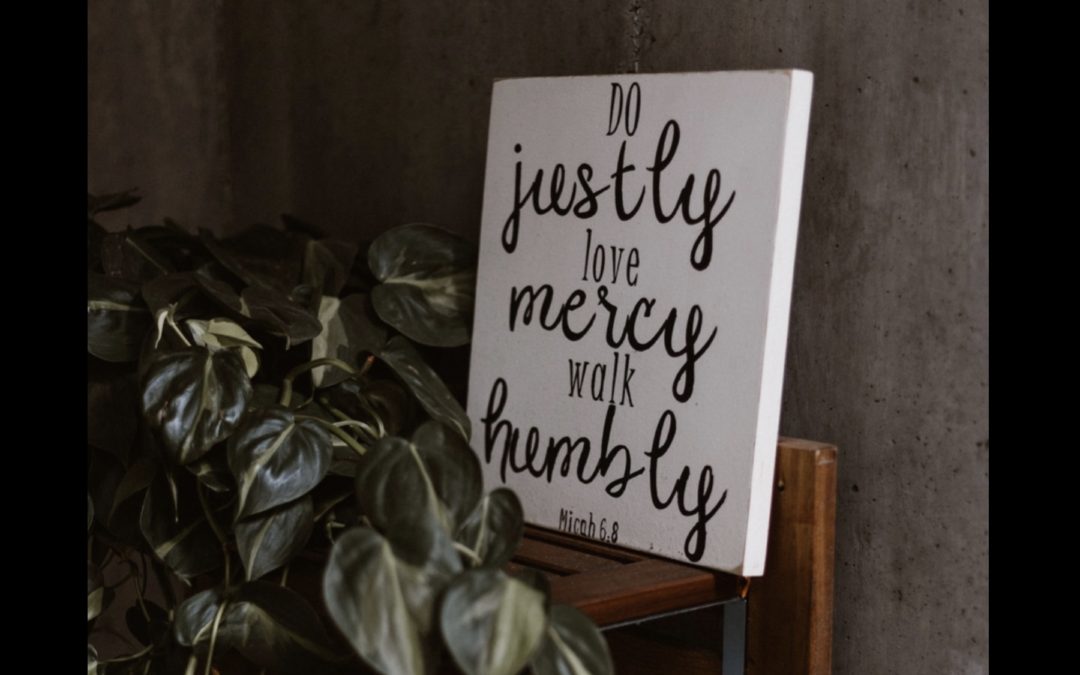- Anti-Racism Tip #8: If It Needs a Disclaimer, Don’t Say It - October 18, 2022
- On Tender Moments that Take Us By Surprise - May 18, 2022
- Finding Creative Ways to Exercise During the Pandemic - April 29, 2022
As we continue to watch the worldwide protests against the brutality of racist police violence and excesses in state power, many wonder how we can respectfully show our support. How can we actively participate? How can we stand, walk and work alongside those who insist that Black Lives Matter? And how can we continue to demonstrate our solidarity even as the tide of momentum might wane?
There are so many perspectives, so many choices, and so many potential missteps. The most important part of struggling through how to appropriately demonstrate solidarity in the context of anti-racism is to not be paralyzed into inaction. It is unhelpful to just sit quietly by. Inaction and paralysis will not end racism.
To support this on-going forward movement in the fight against anti-racism, I am sharing this series of articles. Each article has a few carefully chosen videos, podcasts or activities that I encourage you to watch, listen, learn and participate in. I have chosen to highlight articles by Black and racialized scholars as well as White anti-racist scholars and activists who are doing the work as outsiders in what I consider careful, humble and appropriate ways. I think it’s important to highlight the work of some of these outsiders because they provide important role models for the purposes of this series.
In the first article in this series, I shared the first tip: reflect on your privilege. So here is tip #2: Be humble
Be humble with what you think you know
There is a particular version of history that we have been brought up to think is the truth. Part of this (hi)story is that people are equally able to build the lives they want if they work hard enough – the old myth of meritocracy. It’s important that we understand, however, that there are systemic and structural barriers for racialized and Indigenous people that create a deep inequity and reveal how the idea of meritocracy is truly a myth.
Racism and White supremacy are the foundation of North American societies. These facts are obscured, however, by the stories we have been told and deeply believe about the history and values that form the basis of North American countries. Values like equality, freedom, liberty, security of the person and the pursuit of happiness (and yes, I’m referring here to both Canada and the United States while recognizing the unique history of each country) are not accessible to all people equally on the basis of race; this story leaves racialized and Indigenous people out of this vision.
The stories that we hold true have been carefully crafted to emphasize the contributions of White people while actively suppressing and silencing the experiences, histories and realities of racialized and Indigenous people. These stories attempt to silence and erase the horrific violence, exploitation and oppression of Black and racialized people, whose labour and lives have been treated as expendable in building North America. And these stories attempt to discount and erase the reality that Indigenous Peoples have been forcibly and violently displaced from their territories, killed and oppressed in attempts to eradicate whole Nations to facilitate White settlement. North American societies are based on a deeply ingrained racial hierarchy founded upon and perpetuating White supremacy. And unfortunately, most people remain unaware or wilfully ignorant of this fact.
As Ibram X Kendi, Robin DiAngelo and many other anti-racist thought leaders say, in North America, we are raised in a racist society that is explicitly built on the dehumanization, exploitation and oppression of racialized and Indigenous people. As CV Harquail says: “We are literally swimming in racist waters.” And we don’t even realize it. Once we accept this reality, then we can get on with the important work of identifying, addressing and dismantling systemic racism.

So what, as outsiders, do we do once we know about this? As outsiders, our job is therefore to do the work to both unlearn and relearn what we think we know about the society we live in.
We need to unlearn the ideas we were raised with and learn about the ways in which we benefit from systems that place value on Whiteness. We need to reflect on the way these systems that value Whiteness simultaneously rely on the oppression of racialized and Indigenous Peoples. We need to do the work (quietly) to understand our privilege and the ways in which we may benefit from the oppression of others. (HINT: If you are White, you do benefit from this oppression. And if you are racialized you may also value Whiteness and benefit from the oppression of others in complex ways).
In the context of Black Lives Matter, as outsiders, it’s important to be humble because we will never know what it is like to walk through this world as a Black person. We do not know what it is like to be born into struggle from birth. Although we may have some experiences or history to support a feeling of empathy and solidarity with the struggle, as outsiders, we will always remain on the outside of those experiences and realities.
Be humble with what you say and when you choose to speak
If you aren’t sure if you should speak, don’t. If you choose to speak up, do so with humility, and only after doing the work of learning about the issues. If someone provides you with correction because you said the wrong thing, listen, learn, acknowledge your mistake and do better next time.
Listen to other people’s voices, especially those who are from the group leading the struggle. They have the insider knowledge of their community, the internal dynamics, the realities they face and the solutions that will be effective. Refrain from offering paternalistic solutions based on your limited perspective. White people have created many of the problems racialized and Indigenous communities face. Further, the institutions and systems that have been created on the basis of White supremacy have historically and continue to dehumanized these communities so as Audre Lorde says: “the master’s tools will never dismantle the master’s house…and will never enable us to bring about genuine change.” So listen.
Listen to those born into the struggle. Listen to those who are leading the resistance. Listen to those who have dedicated their lives to making systemic change. Listen and be humble: they know more than you do. They are the ones that have the requisite knowledge and perspective to propose appropriate solutions.
Be humble with where you look for “problems” to be “solved”
As an outsider, be humble and self-reflective about the true cause of the realities facing racialized and Indigenous communities. The current realities are based on hundreds of years of systemic racism and colonialism, which are both built on a foundation of White supremacy. So the problems are systemic racism, colonialism, White supremacy full stop. There is no need to look for “problems” within racialized and Indigenous communities to be solved because there isn’t anything inherently wrong with racialized and Indigenous communities.
So this means that as outsiders, we need to focus on White institutions, systems and structures to see how we can renovate our own houses. If you want to be part of the solution, consider looking at political, business, legal and other institutions that are designed to serve White interests and predominantly occupied by White people. It is by asking the hard questions like:
- whose interests are being served?
- whose perspectives are being put forward and acted upon?
- whose voices are being silenced and excluded?
- who is represented within the organization or institution?
- whose lives are being lost?
- whose opportunities are unequal because of the way the institutions or structures are designed?
As outsiders, we need to look at our own institutions and listen to the voices of racialized and Indigenous Peoples to understand how we can affect systemic, institutional, meaningful changes within those institutions to effectively eliminate systemic racism.
Be humble – oh so humble – with the words you use
Words have power. As outsiders, we must be very careful to use the most respectful words possible. We need to avoid phrasing things in a way that perpetuates White supremacy and deepens negative stereotypes about racialized and Indigenous communities either implicitly or explicitly. Many of us are aware of overtly racist terms and so it goes without saying that we need to avoid those.
We are also more aware of terms that have been historically used that have been misappropriated and disrespectfully used by White people to serve White interests. A contemporary and well-known example of this is the on-going critical reconsideration is with respect to racist mascots and professional sport teams’ names.
As outsiders committed to demonstrating solidarity in anti-oppression struggles, we also need to aware of the way that we phrase things that may implicitly privilege White people at the expense of racialized and Indigenous people. For example:
- When we say as outsiders that we feel bad and want to “help” racialized and Indigenous Peoples because of their “plight,” is that casting racialized and Indigenous Peoples as victims rather than as resilient, fearless resistors?
- When we hear political leaders say that state police need to be deployed to protect the citizens, is there one group of citizens that is being referenced to the exclusion of others?
- When we hear political leaders saying that we need to make decisions in the “public interest”- does that “public” include racialized and Indigenous people?
- When we hear that the state needs to take action to ensure law and order and respect for the rule of law – what vision of law and order is being upheld?
As outsiders, we need to think very carefully about the words and language we use. And if racialized or Indigenous people take issue with the way we have phrased something, we need to listen, learn, acknowledge our mistake, and do better next time. We need to constantly remind ourselves to be humble. As outsiders, we will make mistakes and we need to be committed to unlearning, relearning and improving so that we can do and be better in the future.
Be humble in the way you listen and support those who are resisting while living through oppression
Be humble about your role in the struggle. It is important not to take up too much space or require too much of those who are resisting while living through oppression. Do not ask those who are experiencing racism to educate you on racism and anti-racism. Do not ask those who are experiencing racism to applaud the fact that you now have realized racism is a big problem in the world. Those who have been living with the reality of deep racial inequality and systemic racism will not necessarily find your awakening to it after hundreds of years inspiring or applaud-worthy. Instead, do the hard work of reading critical articles, struggling through the complexity of the issues, and continue to take on the responsibility to learn more so you can do and be better.
And then take action.
Reading books and self-reflection is an important first step but it cannot be the only step. Racism will not end by itself. Putting an end to systemic racism will require collective action and the dismantling and reforming of systems and institutions that perpetuate racial injustice. For us outsiders, it will require that we give up some of the unearned advantages that we may have accrued based on living in a society that is organized on the basis of racial injustice and White supremacy. To be meaningful, it has to hurt those of us who have benefitted from this just a little bit. And it will require radical acts of solidarity just like those we are seeing across the world.
So take a moment to reflect on what it means to be humble in demonstrating your solidarity. And take some time to work through the various links in this article. Was there something in this article that resonated with you? We would love to hear from you in the comments section below this article.
Photo by Priscilla Du Preez on Unsplash
If you enjoyed this article, check out:


Thanks once again for your insights and suggestions!
My pleasure! Hope you find some value from the links and articles I included.